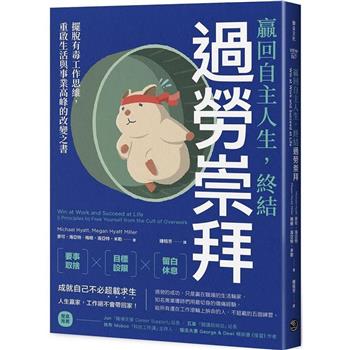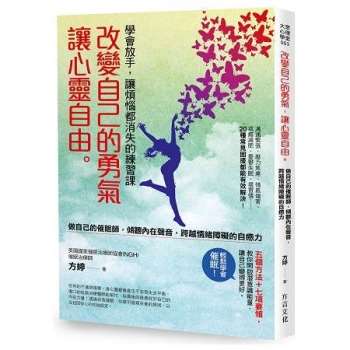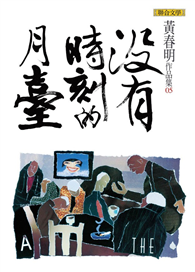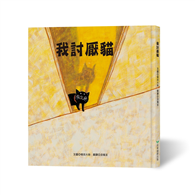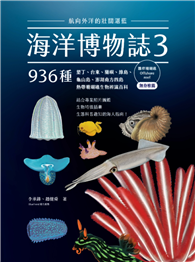This book critically examines the ways in which translation studies can offer a conceptual framework for understanding and researching international affairs, drawing on examples from China’s Belt and Road Initiative.
The volume encourages new conceptualisations of our understanding of culture and communication through the lens of translation, re-envisioning translation beyond the scope of the global circulation of cultural products. Tian explores the case study of the Belt and Road Initiative to show how nation branding and soft power can be understood through a translational lens if we rethink of translation as the means by which cultures communicate and build relationships with each other while retaining their distinct dimensions. In focusing on intertwining concepts across translation studies, cultural studies, and international relations - universalism, power, identity, and development - the book showcases how it is a useful framework for understanding how translation studies can serve as a platform for multidisciplinary dialogue on a global scale.
This book will be of interest to scholars in translation studies, cultural studies, international relations, and Asian studies.

